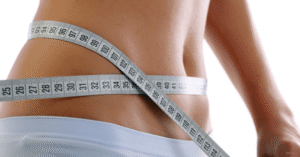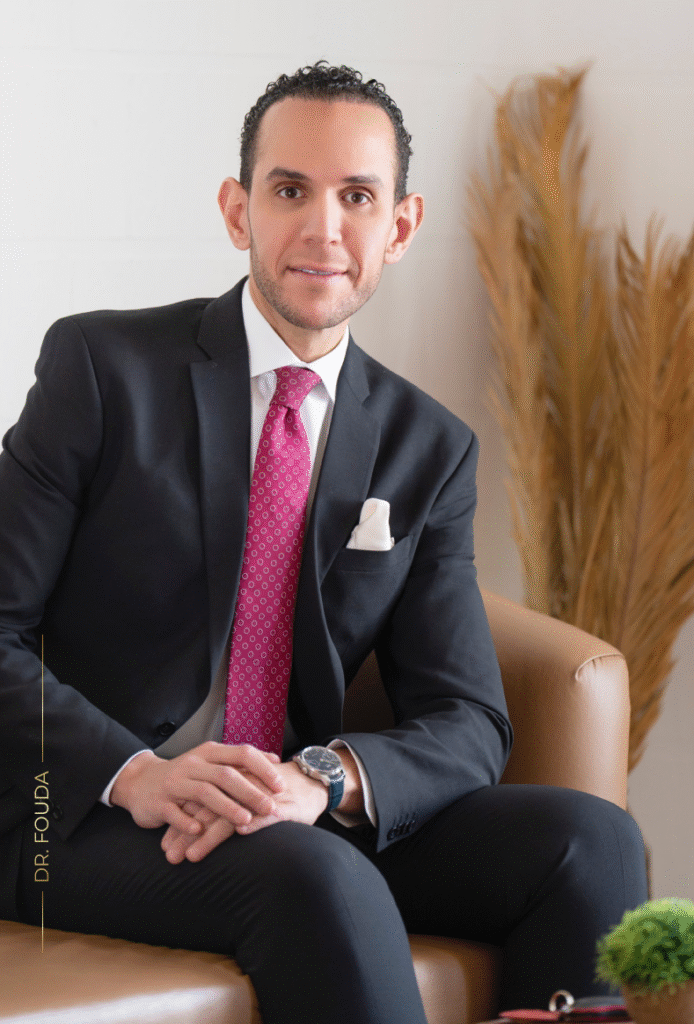
Is it right for me?
Nose cosmetic surgery is a highly individualized procedure and you should do it for yourself, not to fulfill someone else’s desires or to try to fit any sort of ideal image.
A rhinoplasty procedure is a good option for you if:
- Your facial growth is complete and you are 13 years of age or older
- You are physically healthy
- You do not smoke
- You have specific, but realistic goals in mind for the improvement of your appearance
What to expect during your nose surgery consultation?
The success and safety of your nose surgery depends very much on your complete candidness during your consultation. You’ll be asked a number of questions about your health, desires and lifestyle before rhinoplasty surgery.
Be prepared to discuss:
- Why you want the surgery, your expectations and desired outcome
- Medical conditions, drug allergies and previous medical treatments
- Use of current medications, vitamins, herbal supplements, alcohol, tobacco and drugs
- Previous surgeries
Your surgeon may also:
- Evaluate your general health status and any pre-existing health conditions or risk factors
- Examine and measure your face
- Take photographs for your medical record
- Discuss your options and recommend a course of reshaping your nose
- Discuss likely outcomes of a nose surgery and any risks or potential complications
- Discuss the type of anesthesia that will be used
Preparing for nose surgery
Before nose surgery, you may be asked to:
- Get lab testing or a medical evaluation
- Take certain medications or adjust your current medications
- Stop smoking well in advance of surgery
- Avoid taking aspirin, anti-inflammatory drugs and herbal supplements as they can increase bleeding
Special instructions you receive will cover:
- What to do on the night before and the morning of surgery
- The use of anesthesia during your nose surgery
- Post-operative care and follow-up
Your plastic surgeon will also discuss where your procedure will be performed. Surgery of the nose may be performed in an accredited office-based surgical center, outpatient or ambulatory surgical center, or a hospital.
Step 1 – Anesthesia
Medications are administered for your comfort during rhinoplasty surgery. The choices include intravenous sedation or general anesthesia. Your doctor will recommend the best choice for you.
Step 2 – The incision
Surgery of the nose is performed either using a closed procedure, where incisions are hidden inside the nose, or an open procedure, where an incision is made across the columella, the narrow strip of tissue that separates the nostrils.
Through these incisions, the soft tissues that cover the nose are gently raised, allowing access to reshape the structure of the nose.
Step 3 – Reshaping the nose structure
Surgery of the nose can reduce or augment nasal structures with the use of cartilage grafted from other areas of your body.
Most commonly, pieces of cartilage from the septum, the partition in the middle of the nose, is used for this purpose.
Occasionally a piece of cartilage from the ear and rarely a section of rib cartilage can be used.
Step 4 – Correcting a deviated septum
If the septum is deviated, it is now straightened and the projections inside the nose are reduced to improve breathing.
Step 5 – Closing the incision
Once the underlying structure of the nose is sculpted to the desired shape, nasal skin and tissue is redraped and incisions are closed. Additional incisions may be placed in the natural creases of the nostrils to alter their size.
Step 6 – See the results
Splints and internal tubes will likely support the nose as it begins to heal for approximately one week.
While initial swelling subsides within a few weeks, it may take up to a year for your new nasal contour to fully refine.
During this time you may notice gradual changes in the appearance of your nose as it refines to a more permanent outcome. Swelling may come and go and worsen in the morning during the first year following your nose surgery.
A nose surgery procedure to improve an obstructed airway requires careful evaluation of the nasal structure as it relates to airflow and breathing. Correction of a deviated septum, one of the most common causes of breathing impairment, is achieved by adjusting the nasal structure to produce better alignment.
My nose surgery recovery
After your procedure is completed, a splint, internal tubes or packing will likely be placed inside your nose and a splint or bandages placed on the outside to support and protect the new structures during initial healing.
You will be given specific instructions to follow during your recovery from rhinoplasty:
How to care for the surgical site, medications to apply or take orally to aid healing and reduce the potential for infection, specific concerns to look for at the surgical site or in your general health, and when to follow up with your plastic surgeon.
Be sure to ask Dr. Fouda Neel specific questions about what you can expect during your individual recovery period.
- Where will I be taken after my surgery is complete?
- What medication will I be given or prescribed after surgery?
- Will I have dressings/bandages after surgery? When will they be removed?
- Are stitches removed? When?
- When can I resume normal activity and exercise?
- When do I return for follow-up care?
- How long will swelling after rhinoplasty surgery persist?
Nose surgery results will be long-lasting
It may take several months for swelling to fully dissipate and up to a year – and sometimes longer – for the outcome of the surgery to fully refine after rhinoplasty surgery.
Although the results of nose surgery are usually permanent, cartilage may continue to reshape and move tissue that may change the outcome over time
About Dr. Fouda Neel
Board-certified by the Royal College of Physicians and Surgeons of Canada, Dr. Fouda Neel completed his training in Plastic and Reconstructive surgery at the prestigious McGill University training program in Montreal. Subsequently, He enhanced his expertise by pursuing three different fellowships in facial and breast aesthetic surgery.
He offers a full range of plastic surgery options for facial rejuvenation, breast enhancement, body contouring, and skin renewal, as well as a number of non-surgical cosmetic enhancement treatments. Dr. Fouda Neel is an Assistant professor at McGill University and is an Attending staff at McGill University Health Center









